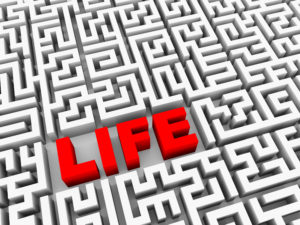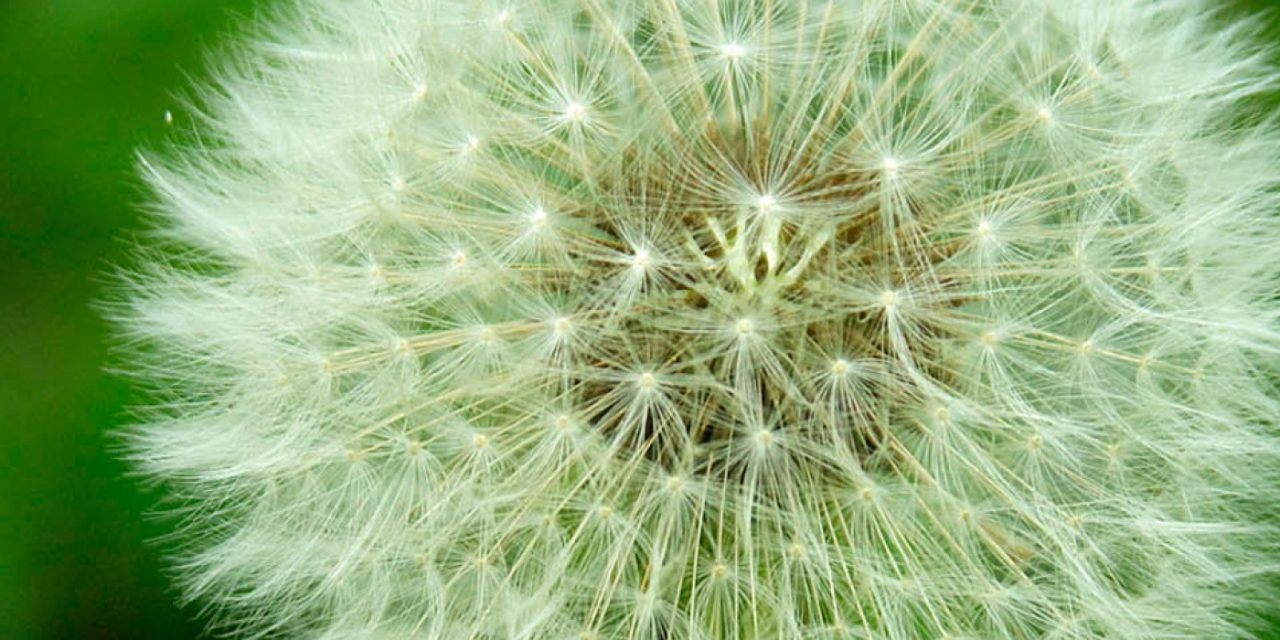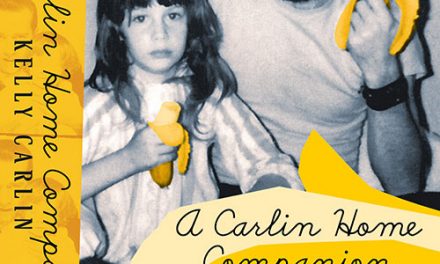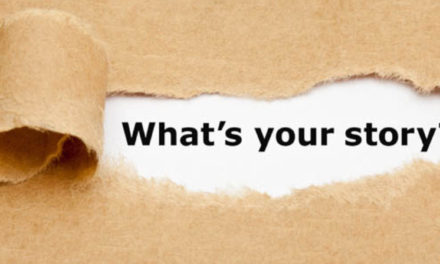“The distinguishing characteristic of modern civilization is an indefinite multiplicity of human wants.” (So simplify your life).
Gandhi
There is a growing realization that to simplify your life is a very good idea. But why?
 How and why did our lives become so complex in the first place? In many cases, we keep acquiring things because we believe the things will make us feel happier, more complete, more accomplished, better looking, or healthier. We want to feel a certain way, and we buy things to help us achieve the feeling.
How and why did our lives become so complex in the first place? In many cases, we keep acquiring things because we believe the things will make us feel happier, more complete, more accomplished, better looking, or healthier. We want to feel a certain way, and we buy things to help us achieve the feeling.
Maybe the things we buy do give us the feeling we want. A sleek Acura or sporty BMW feels wonderful to drive. They’re great status symbols—for awhile—until we’re faced with the repair bills or the first dent. It can be interesting to watch how you feel as your shiny new car gets older, racks up mileage, and loses its luster while you still owe four more years of monthly car payments.
Many of the things we want fail to help us maintain the original feeling we had when we first acquired them. Our things pile up around us and suddenly we need to store them somewhere. Then we run out of room. What to do? Simplify your life.
Reflecting on stuff
Once when I moved from my home in Atlanta to live in an ashram (a yoga and meditation center) in Tennessee, I decided to hold a garage sale to pare down. I collected in the living room all the things I wanted to unload, and although the room was large, I soon had it filled wall to wall with miscellaneous stuff.
There was the three-foot tall Christmas elf I had won at a company party (ugh); there were the riding hat, leather gloves and paddock boots I had purchased when taking riding lessons; the bowling ball I used when I bowled that 265 game; framed pictures I no longer wanted; scads of clothing and shoes; knick knacks I had no idea why I bought; old lamps; jewelry boxes; furniture; games; books; puzzles; yarn from sweaters I never finished knitting—the list went on and on.
Wants versus needs
Having internalized quite a few of my teacher’s satsangs (talks to a group based on truths) by that time, I stood there surveying the room thinking about how much I had spent to acquire those things. I realized they were just somebody’s junk (mine) ready to become someone else’s treasures.
They really weren’t worth anything to me, and seeing them all together in that room, I was surprised and actually repulsed by how much really useless junk I had accumulated. Why on earth had I done that? I had already pared down three years earlier when I moved from Florida to Georgia. Once again, I’d have very little to show for all of it after I sold, donated, and gave away everything that was left.
I realized what a waste this was! Since I had acquired these things over time, I hadn’t noticed the impact and I’m glad I went through the exercise. I vowed never to accumulate so much again. Before I bring something new home now, I always think hard about whether I really need it or I just want it. My life got simpler after that garage sale and today my life is still simpler.
Why do you have a particular want?
It’s not that wants are bad or that you have to squelch all of them—but it’s also a good idea to consider the alternatives before indulging. Will you actually use the item or will it end up taking up space? Do you really need it? Is it a passing fad?
Is it about status? If so, what are you trying to prove and to whom? Will that status really be beneficial in some meaningful way or are you just trying to cover over an insecurity that you could break free from if you decided to deal with it?
Can you afford the status symbol or would it be better to spend your money on something more practical or to invest the funds? Here are some scary statistics about how much the average U.S. family has saved for retirement. You may want to think about this and change your place in that statistic if you’re on the low end.
Do you have the want because you think the new purchase will make you happy? Will it really make you happy or do you need to take a look at what will actually give you pleasure over the long term?
A good example of choosing wisely
My husband went car shopping more than a year ago and his heart was set on an Acura. It really was a beautiful car and I would have loved to have it, too, until I discovered the gas mileage was terrible and it required the highest grade of gas. It also had a higher price tag than the hybrid Toyota we also test drove.
For days Mike kept thinking about that Acura. He’s usually more practical than not. Every once in awhile I appealed to his practical side by reminding him of how much better the Toyota’s gas mileage was, how much better the hybrid would be for the environment, and how much more expensive the Acura was. But he still really wanted that ride. I resigned myself that we were going to get it, but at the last minute he changed his mind and decided on the Toyota.
Now when he stops to fill the tank he’s glad he bought the hybrid. He also learned that it would use regular gas while the Acura needed hi-test. It really made more sense to go with the Toyota. It’s still a great, safe car and it’s fun to drive.
He also came into my office one day while he was shopping for his new car, just beaming, and said, “Jan, why don’t I buy you a new car, too?” He’s so sweet and generous. But I gently declined his offer because he is still building his business and I’ve witnessed his sheer delight every time he gets a new client. I know he’s concerned when the phone doesn’t ring for several weeks or more. All we needed was to have two new car payments. And we both enjoy driving the new Toyota.
Inside or outside?
We’ve all heard that you can’t find happiness by looking outside of yourself. We all know people who continue to shop until their credit cards are tapped out and they’re still looking for the next thing that will guarantee their happiness while fretting every month trying to cover the bills. This truly can be an addiction that leaves us empty—without the satisfaction we are seeking.
It’s something to think about. Think about your needs versus your wants. Basically, we need shelter, food, water, clothing and each other. And we all want to be happy. There is a reason behind every other want—what is the reason? Is it valid or is it something we need to look at more closely? Will the object of desire even fulfill that want? Will it help you simplify your life or complicate it?
The ways we try to achieve happiness can send us on endless searches outside of ourselves or lead us to delve within, seeking our happiness in soul qualities and things that are of value to humanity as a whole.
What do you think will be most fulfilling to you in the long run? What can you do to create true happiness in your life?






Trackbacks/Pingbacks